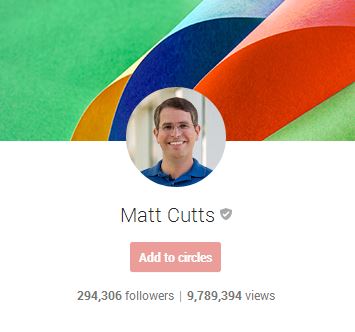Google Organic SEO – How Search Works
Google Organic SEO – The Foundation of Skagit Marketing
I often get asked – How does this google organic SEO work? I’m never quite sure where to begin, but I love what Google created to share with the public just how search works. There isn’t just one factor….there are over 200 factors Google takes into account when deciding where certain content falls into the search rankings. Next time I get asked the Google organic SEO question, I will be sure to show this awesome webpage Google provided. I summarized the content here with the information from Google – they break up how search works in three parts.
1: Crawling and Indexing
This cool website by Google shows pictorially by scrolling the page how Google navigates the web with over 60 trillion individual pages, they sorts this by content and other factors and then keep track of it all in “the” index (it’s over 100 million gigabytes).
2: Algorithms
Google writes programs and algorithms to help you find exactly what you are searching for. Algorithms (which are constantly changing) work by looking for clues to better understand what you mean when you search. Based on those clues they pull from “the index”. In and 1/8 of a second you receive results in what are called rich snippets. Google ranks the results using over 200 factors including:
- Site and Page Quality
- Freshness
- Safe Search
- User Context
- Translation
- Universal Search
Site and Page Quality – Uses a set of signals to determine how trustworthy, reputable, or authoritative a source is. (One of these signals is PageRank, one of Google’s first algorithms, which looks at links between pages to determine their relevance.)
Freshness – Shows the latest news and information. This includes gathering timely results when you’re searching specific dates.
Safe Search – Reduces the amount of adult web pages, images, and videos in your results.
User Context – Provides more relevant results based on geographic region, Web History, and other factors.
Translation – Tailors results based on your language and country.
Universal Search – Blends relevant content, such as images, news, maps, videos, and your personal content, into a single unified search results page.
3: Fighting Spam
The majority of Spam removal is automatic. Google exams other questionable documents by hand. If they find spam, they take action by removing the content from the results and notifying the owners of the websites.
Pure Spam – Appears to use aggressive spam techniques such as automatically generated gibberish, cloaking, scraping content from other websites, and/or repeated or egregious violations of Google’s Webmaster Guidelines.
Hidden Text or Keyword Stuffing – Some of the pages may contain hidden text and/or keyword stuffing.
User-Generated Spam – Site appears to contain spammy user-generated content. The problematic content may appear on forum pages, guestbook pages, or user profiles.
Parked Domains – Parked domains are placeholder sites with little unique content, so Google doesn’t typically include them in search results.
Thin Content with little or no added value – Site appears to consist of low-quality or shallow pages which do not provide users with much added value
(such as thin affiliate pages, doorway pages, cookie-cutter sites, automatically generated content, or
copied content).
Unnatural Links to a site – Google has detected a pattern of unnatural artificial, deceptive or manipulative links pointing to the site. These may be the result of buying links that pass PageRank or participating in link schemes.
Spammy Free Hosts and Dynamic DNS Providers – Site is hosted by a free hosting service or dynamic DNS provider that has a significant fraction of spammy content.
Cloaking and/or Sneaky Redirects – Site appears to be cloaking (displaying different content to human users than is shown to search engines) or redirecting users to a different page than Google saw.
Hacked Site – The pages on this site may have been hacked by a third party to display spammy content or links. Website owners should take immediate action to clean their sites and fix any security vulnerabilities.
How is your Google organic SEO working for you? Are you on Google Search Engine Results Page (SERP) #1 for your keyword phrases? Let us take a look at your website and give you some SEO feedback with a free marketing evaluation.





Trackbacks & Pingbacks
[…] take a look at how Google search works. Search engines (Google, Yahoo, Bing, etc) use algorithms to help you find exactly what you are […]
Leave a Reply
Want to join the discussion?Feel free to contribute!